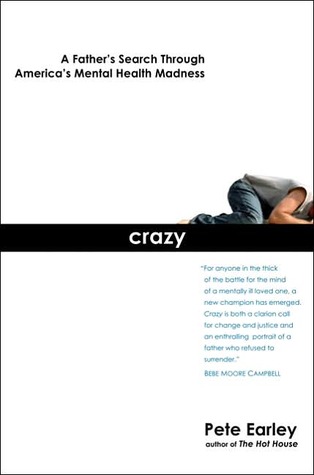The animated video seen in the last half of this TED Talk was popular not too long ago, but there is a larger story leading up to what turns into the most intense portion of Koyczan’s spoken-word poem.
In his talk, Koyczan addresses bullying, specifically during childhood, and its lasting impact. There are a number of things in his spoken-word that stood out to me:
In the beginning, Koyczan says, “I was being told to accept the identity that others had given me.” At this moment, he is discussing goals and dreams, career aspirations. This statement is all too applicable to many people and to many topics.
There are thousands of classifications in this world: man-made groups that we have created so that we can neatly categorize people into what we think they are, because this need exists to create a structure that we can better understand, based on income, race, ethnicity, sexual orientation, gender, age, health, intelligence, etc. … and then we think we know someone. So when you’re viewed a certain way, as belonging to a particular classification, how do you step outside of those boundaries? There is a pressure to conform to how society views you and an everlasting desire to show the world that you are more than that perception.
Another beautiful statement by Koyczan is this, “I will love myself despite the ease with which I lean toward the opposite.” This quote really speaks for itself, so I will only add this: Self-love is challenging, no doubt about it, but don’t be afraid to accept that challenge and win.
Finally, I want to touch on this, a quote heard during the animated video: “‘ Get over it,’ as if depression is anything that can be remedied by the contents of a first-aid kit.” Many people don’t understand that mental health issues are not like the common cold; you don’t just tough it out for a couple days and then you’re suddenly as good as new. Many physical illnesses aren’t even that simple, so why would mental health be something that can just be “gotten over?” It also reminded me of something I read earlier, from the organization Active Minds, Inc.: “You’d never say, ‘it’s just diabetes, get over it.’ Fight the stigma surrounding mental illness.”
I encourage you to watch this TED Talk if you haven’t already; Shane Koyczan’s message is powerful and delivered beautifully.

